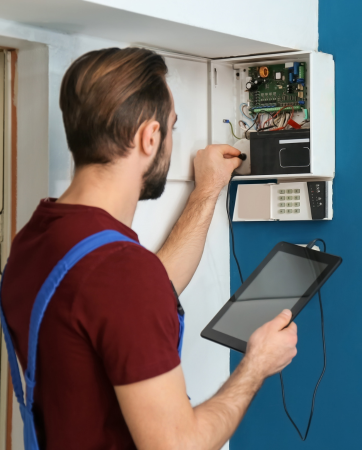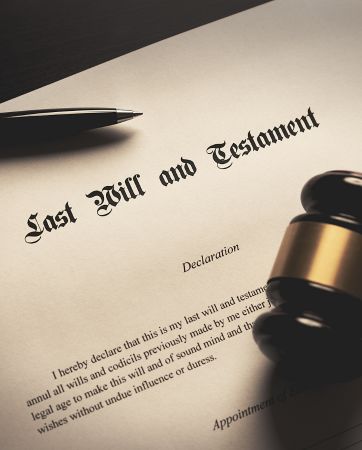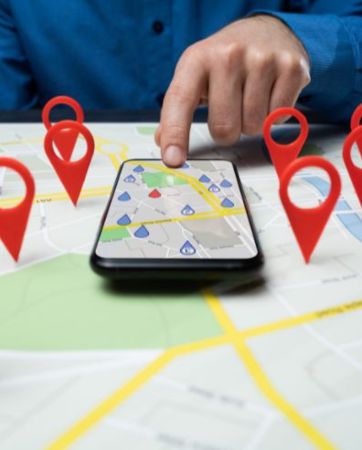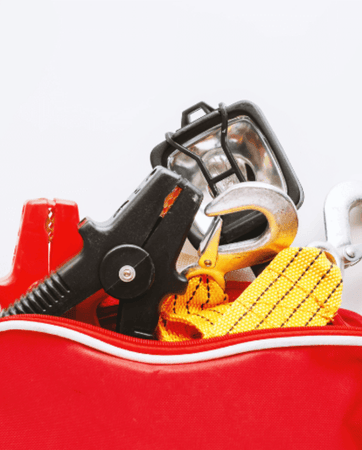Buying a car privately? 10 questions you need to ask before purchasing a used car
Buying a car from a private seller instead of purchasing new can offer lower prices compared to dealerships; however, it can also come with risks. Without the security of dealership warranties, it’s important to ask the right questions to protect yourself from potential problems. Here are 10 essential questions to ask before purchasing a used car from a private seller.

1. Why are you selling the car?
This is the first and most important question you should ask and what the seller says when you ask will give you a good indication as to whether you should have concerns. While most private sellers will have a legitimate reason for parting with the car, some may be attempting to rush a sale to hide hidden defects that you’ll later have to fix out of your own pocket. If you feel the seller is hiding something, this may not be the car for you.
2. How long have you owned the car?
Asking a seller how long they've had the car can provide valuable insights into the motivation for selling. A car that has been on the market for a long time can signal overpricing or underlying problems, giving you the knowledge to negotiate a better price or urging you to ask more detailed questions. If the seller has owned the car for only a short time, it should raise concerns about why they're in a rush to sell, hinting at possible issues. Additionally, this question helps verify consistencies in the seller's story.
3. Can I see the car’s service history?
A car’s service history is a great way to see how well it’s been taken care of over time. Look for regular servicing, such as oil changes and scheduled maintenance, as well as major repairs. A complete service record can show you that the owner was diligent about upkeep and can give you a clue about ongoing issues or unreliability. Gaps in a service history might suggest poor condition and should raise a red flag.
4. Has the car ever been in a crash?
One in five people don’t check if a car they are considering buying has been crashed before. Knowing if the car has been in an accident is vital as buying the car privately leaves you with less consumer rights than if you were to buy from a garage. Cars that have endured major damage might have structural weaknesses or hidden mechanical issues that aren't immediately obvious and even if the car has been repaired, improper solutions could reduce its lifespan and value.

5. Can I take the car for a test drive?
Never buy a car without taking it for a test drive first. Taking a potential car on a drive will help you get a feel for how the car handles, how the brakes perform and allow you to take note of any unusual noises or vibrations. Pay close attention to acceleration, steering response and gear changes. These details will give you an insight into the vehicle’s overall health.
6. Can I have the car inspected by a mechanic?
Buying a car is often an exciting time but this excitement could lead you to overlook some issues that may not be obvious when inspecting the car yourself. It’s always a good idea to get an experienced mechanic to perform a pre-purchase inspection before you complete your purchase. If the seller hesitates to let you get the car inspected by your mechanic, it may be a sign that there are issues and it could be time to walk away.
7. Do you have both keys for the car?
When buying a car from a private seller, asking for both keys is important for many reasons. For one, it’s expensive to replace a car key and sometimes requires a trip to a main dealer. To avoid this, you should ask a private seller to either provide the second key or reduce the price accordingly to cover the expense for getting another one. Missing keys can also raise security concerns and signal potential issues with the vehicle.

8. How many previous owners has the car had?
Knowing the number of previous owners lets you know how important it is to do a history check on a car. Fewer owners generally indicates that a car that may have been well-maintained by long-term users and requires less investigation to complete the history check, whereas multiple owners could suggest that there may be some unknown issues with the vehicle. Be wary of cars that have changed hands frequently in a short period, as this practice should raise a red flag.
9. Are there any issues with the car I should know about?
Private sellers, if asked this question should disclose any known issues with the car they’re selling, but some may try to gloss over problems. Asking the seller about any issues that they are aware of gives them the opportunity to be upfront and allows you a recourse should you find issues in the days after purchasing. It’s always best to verify sellers' claims and get it in writing that the car is in good condition. The sellers’ response to being asked to put it in writing will give you an indication of whether this is the right car for you and helps build trust in the transaction.
10. What is the car’s current mileage?
The car’s mileage is a key factor when evaluating its value and potential lifespan. Lower mileage cars are typically more attractive because they’ve experienced less wear and tear but it’s important to make sure that the odometer is accurate. If the car is relatively new and seems to have high mileage, it may be worth getting a mechanic to check the car out as it can indicate a mechanical fault.
Be thorough in your checks: Buying a used car privately can be more affordable than going through a garage, especially if you’re a first time driver, but it requires extra diligence. Asking these 10 questions allows you to get a clearer picture of what you’re buying and avoid any unpleasant surprises down the road. Always trust your instincts, if something feels off during the process, walk away. Remember, buying a car should be an exciting experience but it is important to make an informed decision; be sure to check with your Car Insurance provider what they will require for you to change over to your new pre-loved car.
Don’t forget we have lots of other car and driving-related blog articles that offer some great advice. Dive into our blog now to learn how to save money as a driver or even how to be more environmentally friendly on the road.
All the information on this blog is published in good faith and for general information purpose only. While An Post Insurance makes every effort to ensure that the information appearing on this blog is accurate and complete, it does not make any warranties about the completeness, reliability or accuracy of this information, whether express or implied, including but not limited to implied warranties of merchantability, fitness for a particular purpose or non-infringement. Any action you take upon the information you find on this blog is strictly at your own risk. An Post Insurance will not be liable for any direct, indirect or consequential losses and/or damages in connection with the use of, or action taken in reliance on information contained in our blog.
Through this website you are able to link to other websites which are not under the control of An Post Insurance. We have no control over the nature, content and availability of those sites and if you click on links to these websites you will be subject to the terms and conditions of those sites. The inclusion of any links does not necessarily imply a recommendation or endorse the views expressed within them.



















